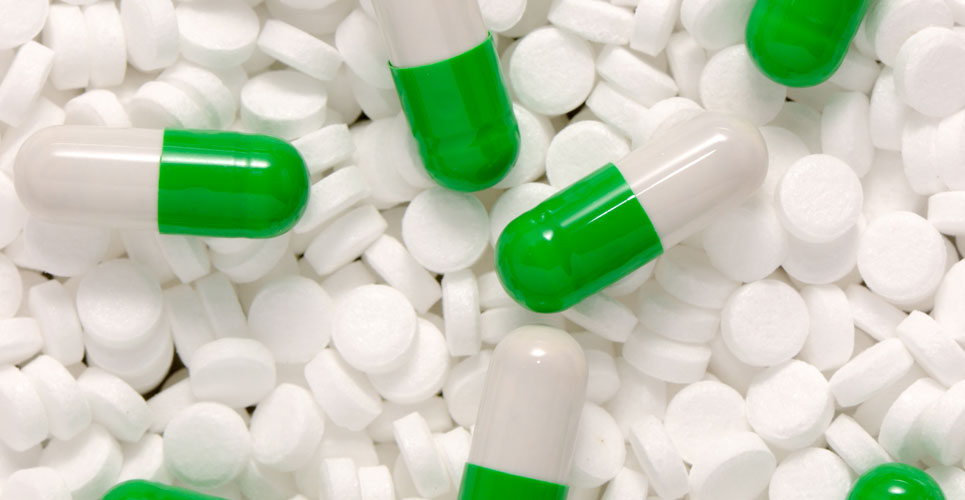The first serious shortage protocols (SSPs) to combat shortages of the antidepressant fluoxetine have been issued by the UK government.
In July 2019, legislation came into force that allows community pharmacists in England to provide appropriate alternatives to patients in the event of serious medicine shortages without having to go back to the patient’s GP for an updated script.
Medicines must be dispensed within the strict boundaries of each individual SSP, which have been agreed by senior clinicians including chief pharmaceutical officer Keith Ridge.
The SSPs specify an alternative strength or formulation of fluoxetine that may be supplied for patients who have a prescription for the 10mg, 30mg and 40mg capsules, which are currently facing shortages, the Department of Health and Social Care (DHSC) said.
Last month, the DHSC announced that the 10mg, 30mg and 40mg fluoxetine capsules could be unavailable until early November or December 2019 and asked GPs to proactively manage the shortage.
The full SSPs have been published on the Pharmaceutical Services Negotiating Committee (PSNC) website.
The measures are due to expire at the end of October – subject to review – and contractors should implement them with immediate effect, PSNC said.
‘Be fully reassured’
Health secretary Matt Hancock said: ‘Helping the NHS is a priority for this Government and people should be fully reassured that we will always act to ensure that there is an adequate supply of the medicine you need.’
Dr Rick Greville, director of supply chain at the Association of the British Pharmaceutical Industry (ABPI), welcomed the ‘precautionary measures’.
He said: ‘It means that these stockpiles of medicines that companies have built over previous months are better protected and available for use only by the NHS patients for which they were intended.
‘Companies can now work with the Department to identify any problem areas.’
The Government has also announced measures to restrict the exporting of all hormone replacement therapy products due to supply shortages.
Export restrictions have been put in place for five other medicines, including all adrenaline auto-injectors and hepatitis B vaccines, the DHSC said.

